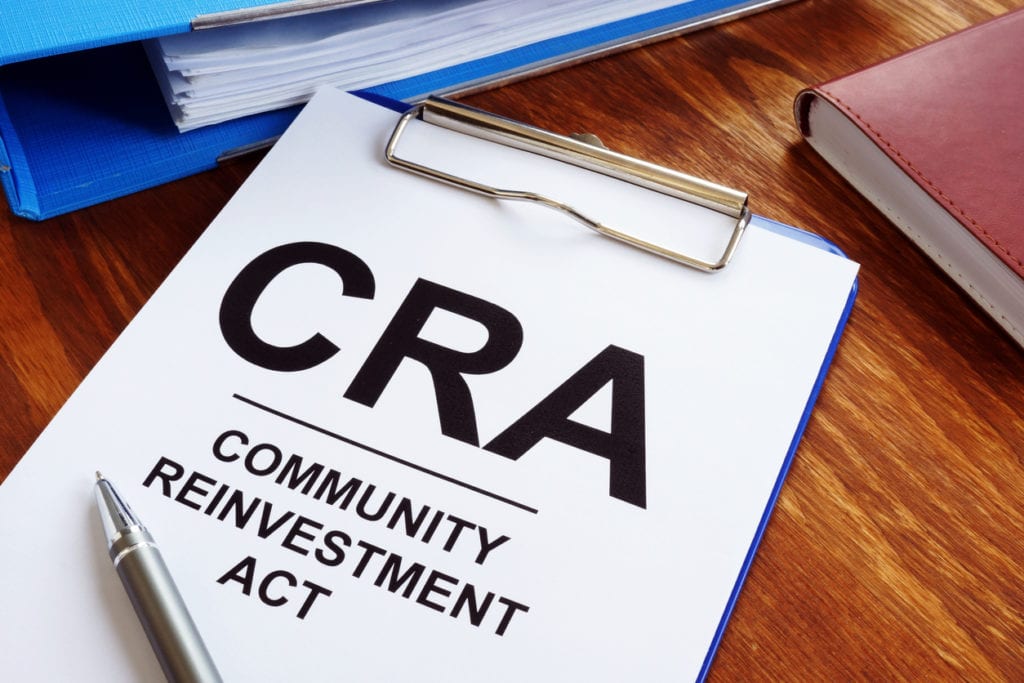
Providing the Insight and Clarity on ATR-QM Rules' Impact on Your Consumer Protection Strategy.
We provide advice to help your team originate loans in ways that comply with the latest ATR/QM rule.
Documenting applicants' ability to pay may seem straightforward. But sometimes, it can be challenging to fit real-life scenarios into a regulatory box.
The TCA team understands these challenges, the complex rules for validating and documenting ATR, and the new requirements for originating QM loans.
As a result, we can show you how to minimize your ATR/QM risk when originating mortgage loans.
We start by getting a complete picture of your operations to understand the QM and non-QM loans you offer and the business strategy behind that product mix.
We review your policies, procedures, and training during our exam and recommend modifications to create a more airtight compliance strategy.
For example, we scrutinize your underwriting practices, ensuring that you're considering all eight key factors, such as a prospective borrower's income and assets, debt-to-income ratio, and credit history, when determining someone's ability to repay a mortgage.
We also check that you're correctly using third-party records to verify borrowers' information and whether you're documenting your process sufficiently.
Through our exploration, your vulnerabilities become apparent, and whether your overall ATR/QM risk strategy is appropriate for your bank's size, location, and goals. Additionally, we also suggest improvements to help you address consumer protection laws.
Our review also entails the following:
- Checking whether you have a consistent way of calculating DTI ratios
- Determining how you preserve and track loan documentation for the required three years.
- Evaluating the effectiveness of your training and how you're keeping loan officers, loan processors, and board management up to date on the newest ATR/QM wrinkles.
- Assessing whether your monitoring schedule is sufficient
Our exam will give you confidence that you're complying with the letter of the law, ensuring that your policies and procedures illustrate that you're taking appropriate steps to determine borrowers' ability to repay a mortgage.
You can count on TCA's A Better Way to help you adhere to ATR/QM rules and reduce your risk.
Key deliverables include:
- Advising you on ways to revamp your policies and procedures to minimize your risk
- Validating that you’ve accurately documented your borrower’s Ability to Repay.
- Ensuring you have followed new Price-Based rules when originating Qualified Mortgages.
- Recommending and developing training and educational resources.
Additional Compliance Topics
The Great Debate — Is This a Finance Charge?
If only there was a simple answer! Unfortunately, this seemingly simple question can be endlessly debated due to the complexity of Regulation Z. §1026.4(a) states that a finance charge is the cost of consumer credit as a dollar amount. It includes any charge payable directly or indirectly by the consumer and imposed directly or indirectly […]
Meet your Community’s Credit Needs for Fair Lending – Utilizing Regulation B’s Special Purpose Credit Program
“What are you doing to ensure diversity, equity and inclusion (DEI)?” That question routinely comes up during conference calls among us, clients, and regulatory agencies. Businesses, educational institutions, and non-profit organizations all are focusing on DEI. Financial institutions are no exception. In fact, regulatory agencies emphasize the importance of DEI in written communications about the Fair […]
CRA Public File Reminder
April 1st is known as April Fools’ day and a time to play tricks and pranks. But did you know on April 1, 1748, the Ruins of Pompeii were rediscovered by Spaniard Rocque Joaquin de Alcubierre? Guess it is time to rediscover the CRA Public File and make sure nothing ancient is inside! By now […]
The Fannie Mae and Freddie Mac Application: New and Improved?
The mortgage application, the 1003 or URLA – these are all synonyms for the standard residential mortgage application which has been changed. Navigating through these changes can be stressful; but we are here to help. Fannie/Freddie announced the release of the redesigned Uniform Residential Loan Application (URLA) on August 23, 2016. The changes would include […]
No Longer A HMDA Reporter – Fair Lending Still Applies
On April 16, 2020, The Consumer Financial Protection Bureau issued a final rule raising the loan-volume coverage thresholds in Regulation C for financial institutions reporting data under the Home Mortgage Reporting Act (HMDA). A permanent threshold for collecting closed end mortgage reporting data went from 25 to 100 loans effective July 1, 2020. Also, open-end […]
Three Hot CRA Concerns
Minding the pandemic, election and social issues is a lot to focus on but bankers will have to add the Community Reinvestment Act (CRA) to their full plates. There are three hot CRA topics on which to focus since CRA is still very much on the regulatory agencies’ minds. Despite 2020 upending CRA lending programs, […]










